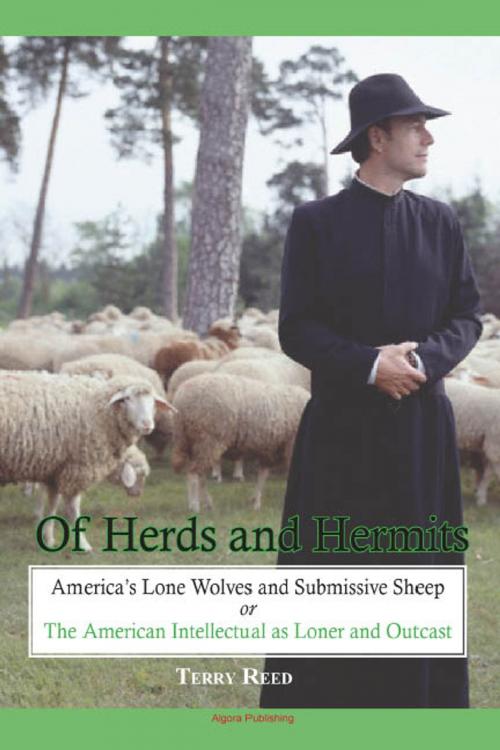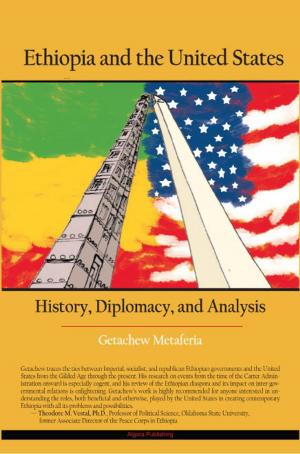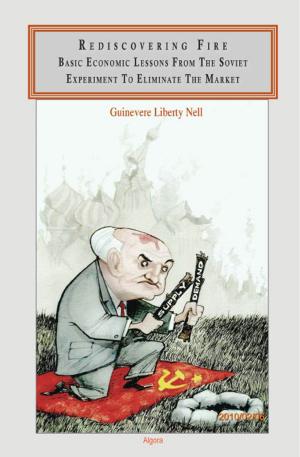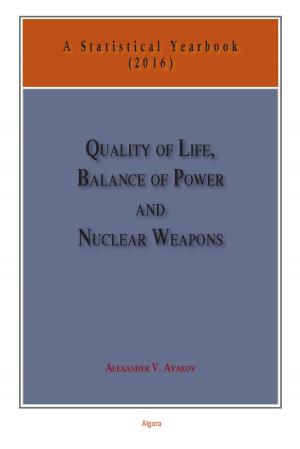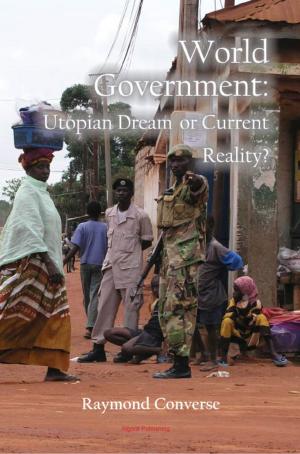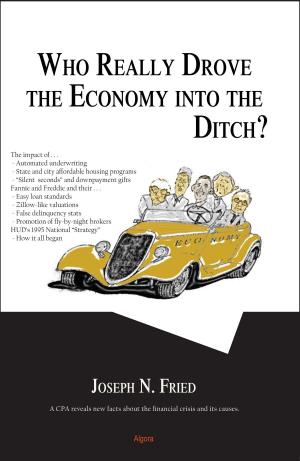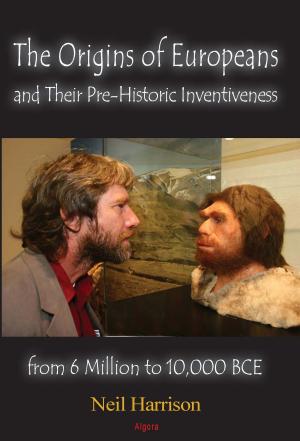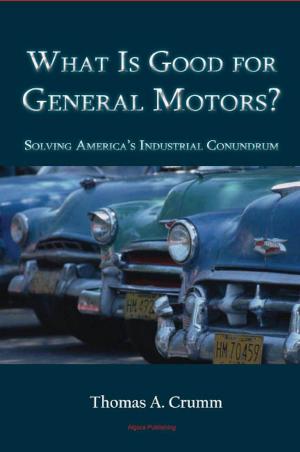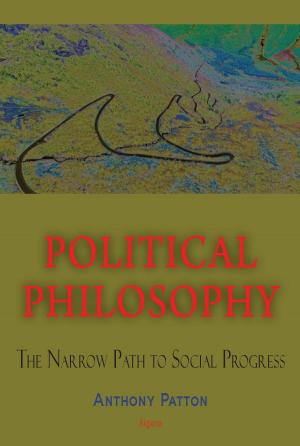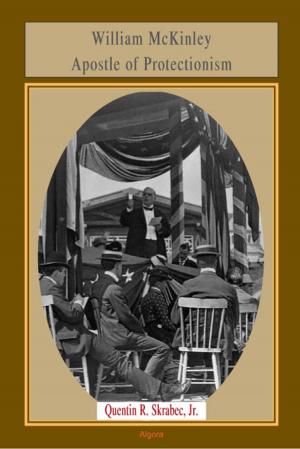Of Herds and Hermits: Americas Lone Wolves and Submissive Sheep
The American Intellectual as Loner and Outcast
Nonfiction, Religion & Spirituality, Philosophy| Author: | Terry Reed | ISBN: | 9780875866864 |
| Publisher: | Algora Publishing | Publication: | December 15, 2009 |
| Imprint: | Algora Publishing | Language: | English |
| Author: | Terry Reed |
| ISBN: | 9780875866864 |
| Publisher: | Algora Publishing |
| Publication: | December 15, 2009 |
| Imprint: | Algora Publishing |
| Language: | English |
America is a country of characters, many of them larger than life, many of them shrinking from life, and many tenaciously asserting their individuality even as they succumb to the weight of life.
As the author observes,Â
Asserting ones identity obviously has its penalties, but to do so is infinitely greater than proceeding to ones grave without having achieved the fullest of self-realization. As an extraordinary American lyric poet, arguably the best at her art, Emily Dickinson created an enduring place for herself not only in American letters but in world literature. Notwithstanding, her grave is behind a Mobil filling station in Amherst, Massachusetts.
This is a broad-spectrum, academically oriented book, an historical, sociological and ideological examination of the continuing acrimonious mutual conflict waged between Americas loners and joiners. Divided into five chapters, it is generously researched, provocatively iconoclastic, contrarian and comical.
The initial chapter defines and copiously illustrates the plight of individuality and its collision with collaboration in American life. It then moves from classical and renaissance culture and philosophy into the subject as it is tellingly, abundantly and amusingly illustrated in American literature from Franklin through Emerson, Hawthorne, Poe, Melville, Whitman and Twain.
The second chapter advances into the 20th and 21st centuries, exploring the essence of the conflict as illustrated biologically, socially and anecdotallythe object being to elucidate the causes of division between the minority who function well as hermits and the majority that inexorably forms itself into insidious herds.
Chapter 3, What Price Affiliation? examines such nefarious matters as Group Think, the rise of corporate culture and trade unionism. The fourth chapter examines even more intensively the intellectual and emotional costs of fraternal life. The fifth, final chapter looks closely at the American intellectual as loner and outcast.Â
Its all good stuff, and an exceedingly provocative good read.
America is a country of characters, many of them larger than life, many of them shrinking from life, and many tenaciously asserting their individuality even as they succumb to the weight of life.
As the author observes,Â
Asserting ones identity obviously has its penalties, but to do so is infinitely greater than proceeding to ones grave without having achieved the fullest of self-realization. As an extraordinary American lyric poet, arguably the best at her art, Emily Dickinson created an enduring place for herself not only in American letters but in world literature. Notwithstanding, her grave is behind a Mobil filling station in Amherst, Massachusetts.
This is a broad-spectrum, academically oriented book, an historical, sociological and ideological examination of the continuing acrimonious mutual conflict waged between Americas loners and joiners. Divided into five chapters, it is generously researched, provocatively iconoclastic, contrarian and comical.
The initial chapter defines and copiously illustrates the plight of individuality and its collision with collaboration in American life. It then moves from classical and renaissance culture and philosophy into the subject as it is tellingly, abundantly and amusingly illustrated in American literature from Franklin through Emerson, Hawthorne, Poe, Melville, Whitman and Twain.
The second chapter advances into the 20th and 21st centuries, exploring the essence of the conflict as illustrated biologically, socially and anecdotallythe object being to elucidate the causes of division between the minority who function well as hermits and the majority that inexorably forms itself into insidious herds.
Chapter 3, What Price Affiliation? examines such nefarious matters as Group Think, the rise of corporate culture and trade unionism. The fourth chapter examines even more intensively the intellectual and emotional costs of fraternal life. The fifth, final chapter looks closely at the American intellectual as loner and outcast.Â
Its all good stuff, and an exceedingly provocative good read.
